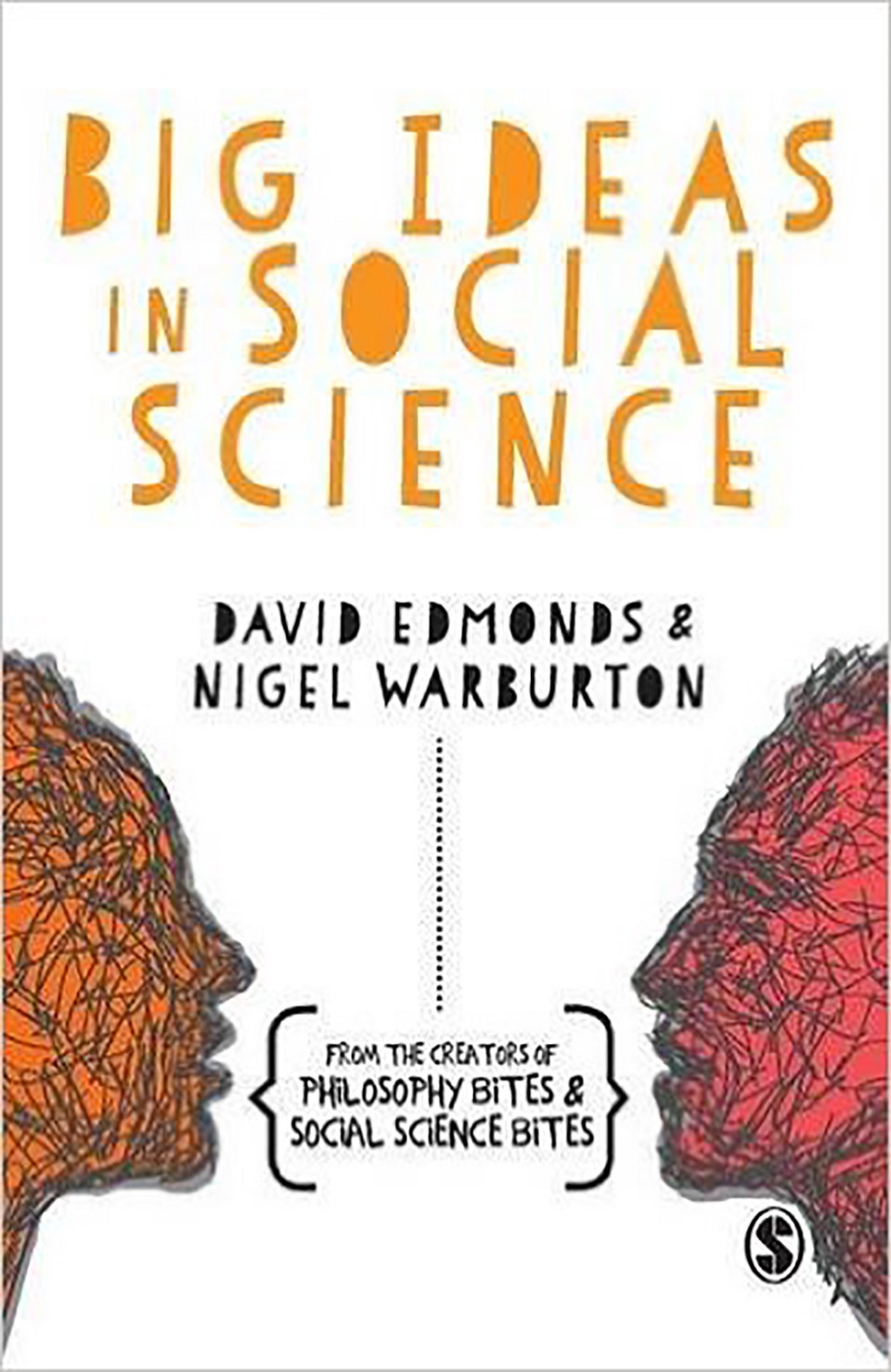Introducing a new series in collaboration with the Social Science Bites podcast and the Social Science Space website.
By Michael Todd
Left: Doreen Massey. (Photo: DarkMoMo/Wikimedia Commons) | Middle: Jonathan Haidt. (Photo: Miller Center of Public Affairs/Flickr) | Right: Rom Harré. (Photo: Public Domain)
If David Edmonds could interview any social scientist ever, he’d choose Karl Marx and pepper the original Marxist with questions about ISIS, London property prices, and The Apprentice. Barring certain scientific advances, that interview is pretty much a dead letter right now. But Edmonds, a BBC journalist, and his podcasting partner Nigel Warburton, a freelance philosopher, have spoken with dozens of living social scientists since 2012 for their series of interviews known as Social Science Bites, produced in association with SAGE Publishing.
While Edmonds is continuing the podcast series at its home, the Social Science Space website, a book of 18 of some of the most interesting interviews came out earlier this year. In the book, titled Big Ideas in Social Science, Edmonds and Warburton talk with intellectuals such as Steven Pinker, Jonathan Haidt, Kate Pickett, Robert J. Shiller, and Doreen Massey about important questions facing academe and society itself, starting with the fundamental “what is social science?” asked of philosopher Rom Harré.

Pacific Standard is running a series of excerpts from Big Ideas in Social Science, a collection of interviews from the
podcast. (Photo: SAGE Publishing)
Social Science Bites was inspired by the Edmonds and Warburton’s Philosophy Bites podcast series, which is approaching 30 million downloads since its 2007 debut. “We’ve reached a huge audience through podcasting,” Edmonds says. “One of the many interesting aspects about our podcasting experience is the relationship we have with our audience. We get much more feedback from listeners than I do from my BBC programs. There’s something quite intimate about the podcast … especially when, as they usually are, they’re produced by enthusiasts. Listeners have a sense of ownership over their favorite podcasts, and feel a connection with the podcast makers — and that’s gratifying.”
It helps uptake that the interrogators, while whip smart, aren’t from the social science silo. “I don’t regard myself as a social scientist,” Edmonds says. “My academic background is in philosophy — not a social science. My day job is in journalism — making BBC programs. Naturally I reflect on the subjects and methods I use in putting programs together, but not in any systematic way. I definitely regard those involved in the rigorous deconstruction of journalism — in what is usually called cultural or media studies — as social scientists.”
“Mind you,” Edmonds continues, “many of these academics display an embarrassing ignorance about the actual practice of journalism, and could benefit from a spell at the coal-face.”
Pacific Standard will present a series of excerpts from the book in the coming weeks, all of them archived here. In the meantime, Edmonds puts out a new Social Science Bites podcast every month. And who would he interview among the quick? Thomas Picketty, who he’d ask if the economist agrees with Karl Marx’s views on ISIS, London property prices, and The Apprentice.





